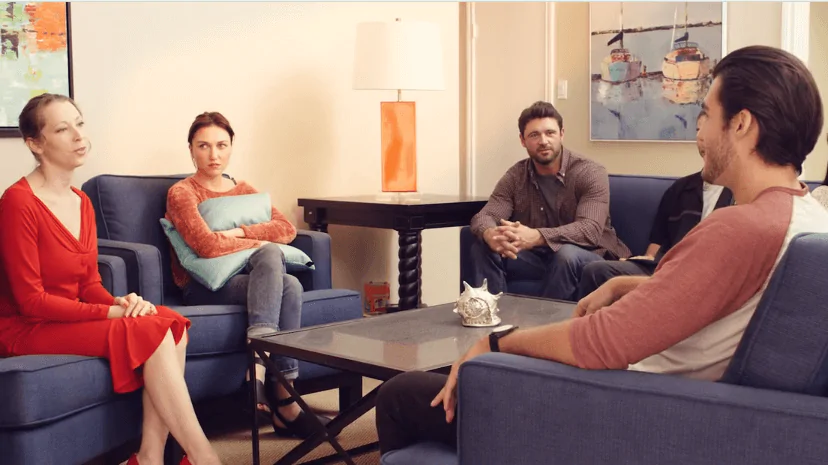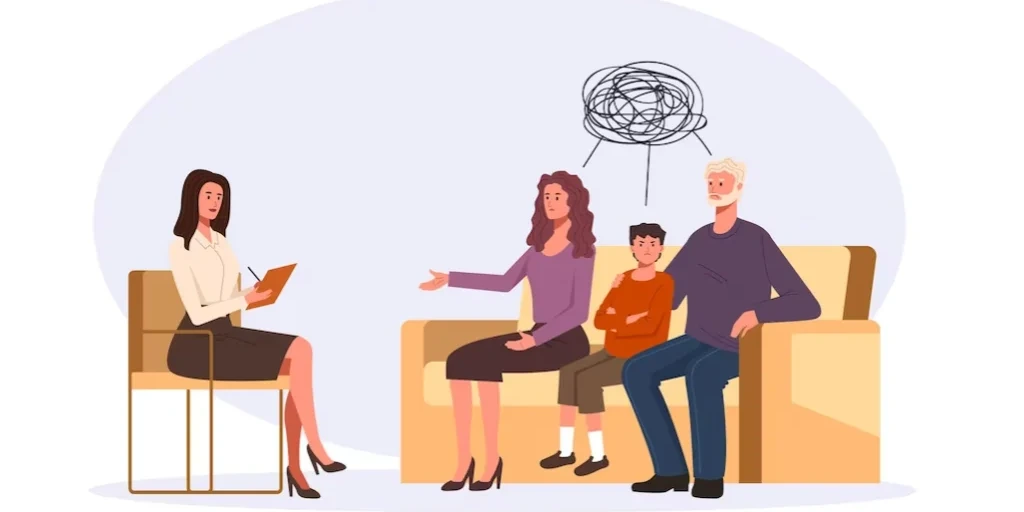24/7 Helpline:
(866) 899-111424/7 Helpline:
(866) 899-1114
Learn more about Group Therapy centers in Polk

Other Insurance Options

Private insurance

Anthem

Multiplan

UnitedHealth Group

Health Choice

BlueCross

Excellus

Covered California

United Health Care

Amerigroup

Sliding scale payment assistance

Coventry Health Care

Carleon

Medical Mutual of Ohio

Absolute Total Care

Meritain

Group Health Incorporated
Beacon

Sutter

Humana



















